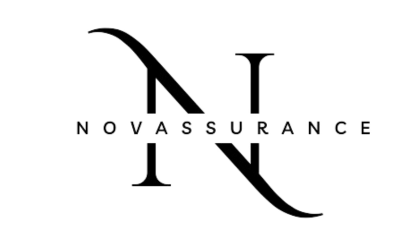Assurance LAMAL Suisse
Assurance LAMAL Suisse
LAMAL, or the Federal Law on Health Insurance, is the legal framework that governs the health insurance system in Switzerland. In effect since 1996, its aim is to ensure access to quality healthcare for all Swiss residents. This text provides a detailed overview of how it works, its challenges, and its implications for the insured.
Principles of LAMAL
Universality:
Toute personne résidant en Suisse doit être assurée par une caisse d’assurance maladie.
Freedom of Choice:
Insured individuals have the freedom to choose their insurance fund and healthcare providers.
Solidarity:
The system is based on solidarity among the insured, allowing for the pooling of health risks.
Assurance LAMAL Suisse
Explore the Details of LAMAL
FAQs
LAMAL is a key component of the Swiss healthcare system, ensuring universal access
to healthcare while allowing for some flexibility for the insured.
The Insured and the Insurances
- Who Must Be Insured?
All Swiss residents, including foreigners, must subscribe to basic LAMAL insurance. This includes employees, the self-employed, and even students. - Health Insurance Funds
There are many health insurance funds in Switzerland, each offering different premiums, coverages, and services. Insured individuals can compare offers and choose the one that best meets their needs.
The coverage of basic insurance
LAMAL covers a wide range of medical services, including:
- Doctor consultations: Visits to general practitioners or specialists are reimbursed.
- Hospital: Hospital care in the general division is covered.
- Medications: A list of reimbursable medications is established by the Federal Office of Public Health (FOPH).
- Preventive care: Vaccinations, screenings, and health assessments are also included.
Premiums and Deductibles
- Premiums
Insured individuals pay monthly premiums for their basic insurance. These vary depending on the insurance provider, place of residence, and the age of the insured. - Deductibles
Insured individuals must also pay a deductible, which is the amount they must cover before the insurance starts reimbursing. The deductible can be chosen by the insured, but a higher deductible may reduce the premium amount.
Supplementary Options
In addition to basic insurance, it is possible to take out supplementary insurance that offers additional benefits, such as:
- Dental care
- Alternative medicine
- Private room in the hospital
Change of Insurance Provider
Insured individuals have the freedom to change their insurance provider each year. To do so, it is important to adhere to the cancellation deadlines, which are typically set for November 30 for a cancellation effective December 31.
The Challenges of the LAMAL System
Despite its success, LAMAL faces several challenges, including:
- Rising healthcare costs: Premiums continue to increase, which can make access to care more difficult for some.
- Inequalities in access: Although the system is based on solidarity, inequalities may exist depending on the region or socio-economic status.


